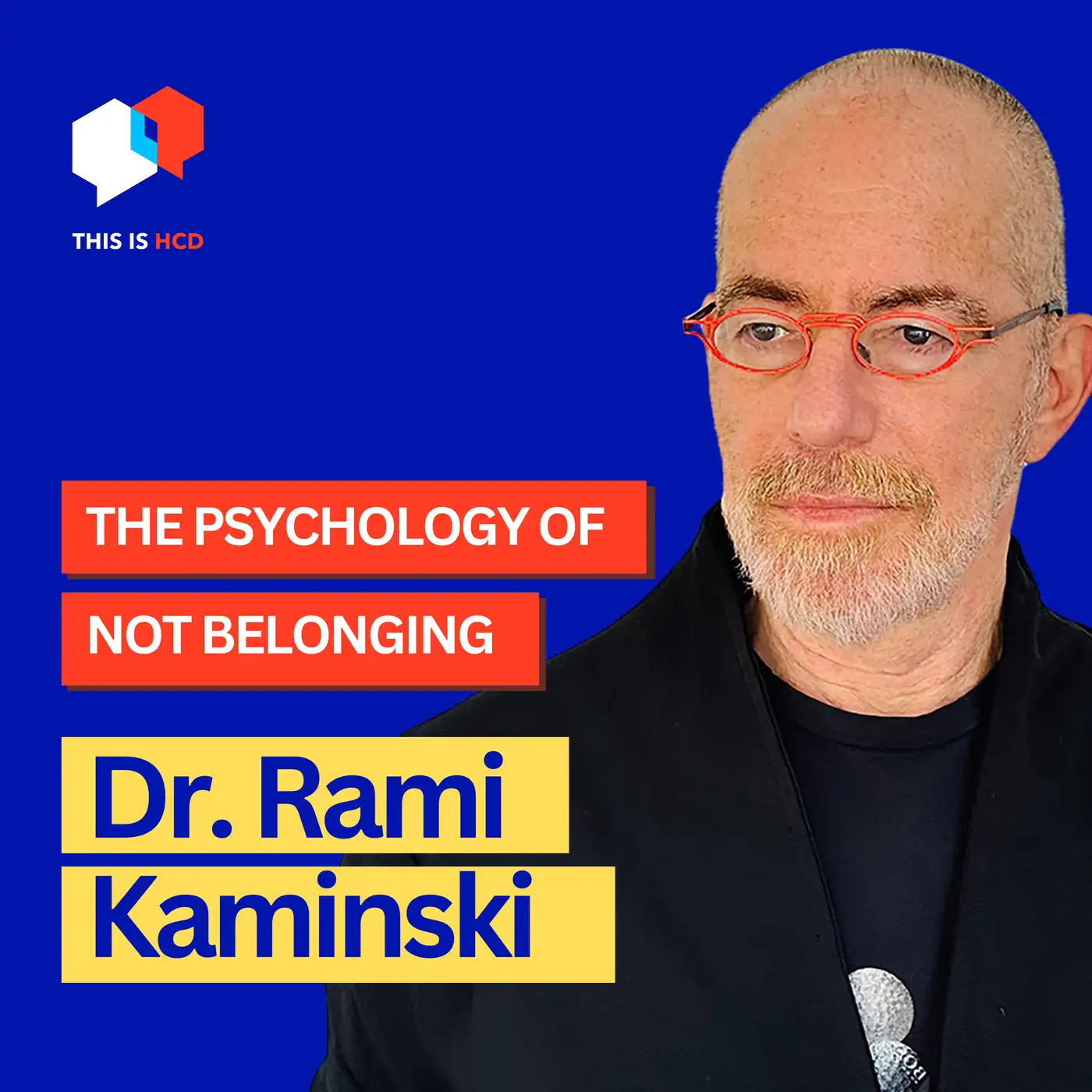🎉 Gerry Scullion is writing a new book 'This is Human Centered Design' with BIS Publishers. Want to get early access, share your feedback, and submit a case study to be featured in the book?
Earlier this year, I read an article by one of my heroes, The Edge of U2 in The Guardian. The first item in his list of culture highlights, was the book of todays podcast guest, Neil Theise. Like me, The Edge managed to get an early copy of the book from Neil’s awesome publicist in New York, Nicole Dewey and he too joined the fan club for Notes on Complexity.
I have become captivated about many of the leading authors on complexity, and was thrilled when Neil agreed to record with me, his first from within the Design world. I’ve been researching complexity for several months, and unpacking what we can take away from decades of research by leaders in the field. How can we apply this level of thinking into our day to day work as change-makers.
This conversation is one that I will look back on an cherish, but also cringe at times, as I ask some pretty naive questions. My goal here with many of the podcasts, is sometimes to ask the questions that hopefully can open up channels for many, so as you can probably tell by this stage, I’m not afraid of asking for the sake of clarity.
If you can, get your hands on this book. It’s stunning. It’s carefully created and really has opened my mind to new worlds that I am excited to continue to explore.
This transcript was created using the awesome, Descript. It may contain minor errors.
Here's our last three episodes from This is HCD.


